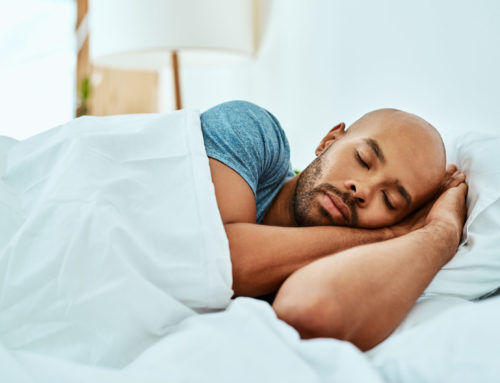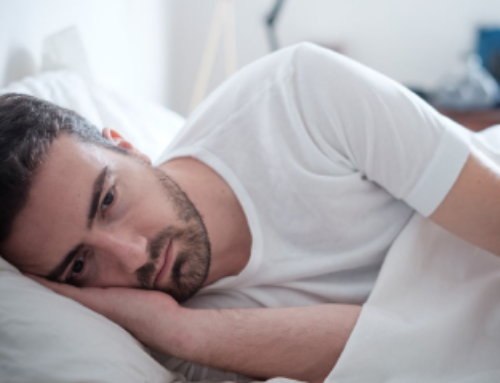Men who have trouble falling asleep or staying asleep may have a higher risk of developing prostate cancer, according to recent study findings.
Disrupted sleep and the risk of prostate cancer
The American Cancer Society estimates that 1 man in 8 will be diagnosed with prostate cancer in his lifetime. Following skin cancer, prostate cancer is the most common cancer in American men.
Researchers have found that factors such as age, race/ethnicity, genetics, or family history raise a man’s risk of getting prostate cancer. Other factors, such as diet, obesity, chemical exposure, and vasectomy, have been studied but the links are not clear. More research is needed.
Now, a recent study examined the relationship between sleep habits and prostate cancer risk.
Investigators used data from the UK Biobank. More than 213,000 individuals were included in the analysis.
Researchers found that people with insomnia had a higher risk of having prostate cancer. The researchers also observed that usually having a nap was associated with a lower risk of prostate cancer.
This is not the only study to suggest that men with sleep disorders are more likely to get prostate cancer.
A 2019 study out of Taiwan examined the health records of more than 41,000 patients and found that men with sleep disorders were more likely to be diagnosed with prostate cancer.
Similarly, a 2013 study that included 2,425 men in Reykjavik, Iceland, explored the relationship between sleep disruption and prostate cancer risk. Men with problems falling asleep and staying asleep were at increased risk of prostate cancer compared to men without disrupted sleep. The authors found this to be true even when they excluded men who rose at night to empty their bladders, suggesting that the sleep disturbance was not caused by the need to void at night.
Better sleep, better health
So, what does this mean for men?
Sleep may be a modifiable factor that could have an impact on prostate cancer risk, but more research is needed to confirm the link.
The studies highlighted in this article have limitations. The results don’t confirm that poor sleep causes prostate cancer, but men who experience poor sleep may want to consider early testing for prostate cancer detection.
If you continue to experience sleep problems, get help from the sleep team at an AASM-accredited sleep center near you.
Medical review by Seema Khosla, MD
Related:
- How sleep disorders affect men’s health
- What keeps men from getting enough sleep?
- How can men sleep better?
- Sleep and breast cancer survival
Authored by:
Kate Robards





